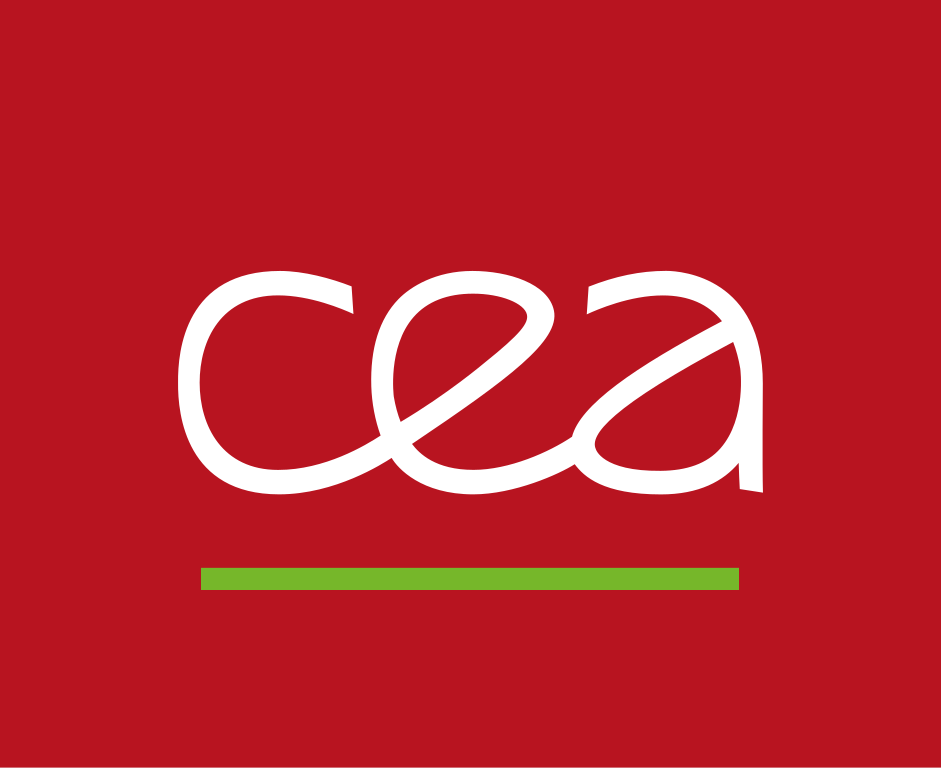Description
The Covid-19 global crisis shed light on the fragility of our current socioeconomic organization and systems (in terms of equity, resilience, freedom, justice, solidarity) but also showed the vulnerability of the very essential ecosystems we rely on to survive. Even more so than in the pre-pandemic era, this unprecedented event raised questions about potential ways to live in adequate conditions with our environment and project ourselves into a desirable future. As timely technology breakthroughs proved central to tackling the health emergency, our societies have come to realize how dependent we are on innovation and Research & Development (R&D), and to acknowledge the role of enabling environments in the context of sustainable development. Admitting that technology and innovation are key parts of development, it appears essential to question the nature of the tools for the transition to come.
The main solutions proposed by states, industries and scientists are mostly based on the development of high-technology research and innovation with a multitude of complex solutions: artificial intelligence, hydrogen fuel, 5G, quantum computers, self-driving cars, as many solutions that would have seemed far-fetched a few decades ago. With a promise of steady and reliable performance, growth and productivity driven by a limitless imagination, small room is left for alternatives that consider the environmental, social, institutional and citizenship components. The 2030 Sustainable Development Goals (SDGs) framework promoted by the United Nations, seeking to provide a shared blueprint for peace and prosperity for people and the planet, includes targets on innovation and R&D, and focuses on environmentally sound technologies. While these can come from a wide range of sources, sometimes unexpected, recent history has seemed to privilege high-technology, which is often embedded in sophisticated and advanced products in the fields of electronics and computers, and draws its consumption patterns from a certain form of planned obsolescence.
Within an alternative approach to high-technology, low technologies support sobriety in consumption and production, and promote the development of simple, inexpensive, accessible and repairable tools that use locally available resources. Low technologies can also be found under the frame of “frugal innovations”, defined by the UNICEF Office for Innovation as “a term that refers to products or services born out of necessity and in contexts that happen to be limited in available resources”. This approach takes into account the social and environmental aspects along the supply chain, from cradle (sourcing) to grave (recycling), which also echoes the SDGs’ target on sustainable consumption and production. Strongly encouraging human creativity and bottom-up initiatives, it seeks to empower individuals at once, setting the stage for more resilient technical and political systems aligned with local know-hows, without putting emphasis on the commercial and marketing aspects of the products. Low-tech uses as much as possible technologies that are user-friendly and addresses the question of their necessity in responding to human needs while considering social issues, sustainability, resilience and material footprint. As Navi Radjou, co-author of the book Frugal Innovation (2015) puts it, three principles underpin this discipline: keep it simple ; do not reinvent the wheel ; think and act horizontally. Another perspective, from the French Low-Tech Lab, highlights the following characteristics for a product to be considered low-tech: useful, accessible, and sustainable.
A vast majority of high-tech progress tends to result in the production of new non-essential objects and services with a competitive price overlooking its environmental and social costs, leading to abundance and imposing a certain vision of progress. A growing number of consumers and producers have started to question this mainstream vision, and to progressively reset production patterns, in link with their local communities, especially in the context of the social, economic and environmental crisis we are facing. Grassroot initiatives have flourished across the world, from France to the United States, with the French Low-Tech Lab launched in 2014 for example, or the Low Tech Institute in the US, born in 2017. Even though this phenomenon has gained visibility in recent years, expertise, evidence and validation are much needed for low technologies to be recognized, institutionalized and scaled up. A definition of low technologies that encompasses national specificities could provide a framework for bilateral collaborations and shared resources. Just as high-tech pervades every sector, the low technologies approach encompasses a large set of disciplines, from agriculture to energy, including transportation and sanitation. This panel discussion will address low-tech as a holistic approach, and draw from a set of research examples in the sectors of energy, construction, and agriculture.
Objectives
The webinar will explore the following topics:
- Ask the question of technological discernment
- Define low technologies, their characteristics and scope (in relation to biomimicry, high-tech)
- Low tech as a solution to address climate change. How does low tech increase sobriety, resilience, solidarity, local empowerment, etc. ?
- Discuss the situation of low tech in the US & France (initiatives, start up, R&D)
- The enabling environment: perspectives for the low tech movement in a high tech environment: political and economical aspects/decision makers
- Application at the individual and community level, transition costs (time, finance, skills, etc.)
- Existing collaborations between France & USA: what is there and how can we progress?
Speakers & presentations
France
-
Philippe Bihouix, General Director at AREP (Amenagement, Recherche, Pole d’Echanges, « Management, Research, Interchange »)
Title: Towards a Technologically Sustainable Civilization,
People often believe that we can overcome the profound environmental and climate crises we face by implementing smart systems, green innovations and more recycling. However, the quest for complex technological solutions, which rely on increasingly « exotic » and scarce materials, makes this unlikely. An alternative perspective on how we should be marshalling our resources to preserve the planet and secure our future is possible. ‘High’ technology will not solve global problems but a different approach to build a more resilient and sustainable society might..
-
Corentin de Chatelperron, Co-Founder of Low-Tech Lab
Title: Find, document and promote low-tech innovations from across the world
Description: The Low-tech lab is a French organization whose objective is to identify low-tech know-how, test them and share them in open-source, in order to spread them. More widely, the organization promotes the low-tech approach through various media. It supports the development of a network of territorial low-tech labs in France and around the world.
For the past 6 years, Corentin has been sailing the world aboard the Low-tech Lab catamaran. The crew has made stops in 25 countries and has studied more than 50 skills. The boat is currently ashore in New-York.
-
Cédric Carles, Founder and Director of Atelier 21
Title: Identify past and present frugal innovations to face the current and future challenges of ecological transition
Description: The low-tech approach aims to put « tech » back in its rightful place in our development models in order to explore the potential of a frugal approach in response to the challenges of transition. The aim is to question the « all-technology » approach and to support the emergence of a lucid, sustainable innovation capable of producing better with less. This way of innovating differently puts various key concepts at the heart of its approach: simplicity of use, ease of maintenance and resource savings, but also performance in terms of ecological and economic impact, and the (cultural) transformation of our relationship with technology.
Drawing inspiration from a time with material constraints to make low-tech allows research & development to implement resource-saving techniques that already exist. Atelier 21, through its Paleo-Energy research project, uses the term retro-innovation to define those innovations that look to the past to give a second life, or even a second chance, to forgotten inventions that are full of potential.
-
Olivia Bory, PhD student at Integrale
Title: Design of a hybrid experimental measurement bench in direct current for energy self-sufficient isolated sites,
Description: In the context of climate change, it is essential for island territories with strong solar potential, such as the Reunion Island, to achieve energy self-sufficiency. The University of Reunion developed a research project aimed at quantifying the potential energy gains that can be obtained in the case of isolated DC (direct current) micro-grids. The object of this study is to reduce or even eliminate the numerous energy conversions between alternating current and direct current which are a source of energy losses. The experimental DC measurement bench and the planned tests will be presented
United States
Title: Participatory Design in WASH at MIT D-Lab
Description: Lessons learned from a student project that radically reduced the cost of compost toilet construction in El Salvador.
-
Scott Johnson, Founder and Director of Low-Tech Institute
Title: The Future of Food: Local, Seasonal, Personal
Description: As the future of energy remains uncertain, it is incumbent on us to shift to locally self-reliant food systems for our baseline subsistence. By combining scientific, biological, chemical, and other advances with preindustrial subsistence methods, we can create regional foodways that are resilient in a time of energy transition. These foodways will have to be local (to reduce transportation expenditures), seasonal (to save energy both in transit and storage), and personal (reviving the once-universal kitchen or home garden for a significant proportion of foodstuffs). The future of water-stress, the fossil-fuel-tied transit network, climate change, and socio-economic instability remain uncertain, and it would be blind faith to depend on yet-unrealized innovations that would allow us to continue business as usual. Unless and until concrete progress occurs, local, seasonal, personal food systems should be preferred. The Low Technology Institute simulated a collapse of fossil fuels in our food system and spent a year living on what we could grow and gather from our local environment. This case-study provides anecdotal suggestions for people living in (over-)developed countries.
-
Sophie Lyman, Executive Director at Solar Household Energy
Title: Solar thermal energy for fuel-free cooking
Description: The presentation will review the negative environmental, economic and social effects of dirty, unimproved biomass cookstoves used by 3 billion people around the world, the potential for solar cookers to alleviate these problems in sunny countries, and some of SHE’s international solar cooking projects, spanning humanitarian aid, university-level solar cooking courses, research and development of solar cooking technology, and kickstarting a solar cooking enterprise.
-
Alexis Zeigler, Director at Living Energy Farm
Title: Radically Inexpensive, Durable Household Renewable Energy Systems
Description: Living Energy Farm (LEF) has been developing DC Microgrid energy systems for over 10 years. LEF is largely food, income, and energy self-sufficient. Their DC Microgrid utilizes energy from renewable sources using daylight drive. Daylight drive means connecting DC loads directly to PV panels, with no battery banks, inverters, electronic controls, or generators. We heat our buildings, pump water, grind grain, process farm products, and run a fully tooled machine shop, all with daylight drive energy systems that have a lifespan measured in decades. We comfortably support a community of a dozen people on an energy budget that is attainable in low-income communities around the world. With careful design and shifting loads to daylight drive, this system can reduce battery needs by 90%, which allows for investments in very durable batteries. (We use nickel iron batteries that last for decades, but that is not critical to the overall design.) We support ourselves on a daily basis with the same tools and technologies that we are now exporting to low income communities in the U.S. and abroad.
Moderation
The discussion will be moderated by Libby Hsu, Lecturer at the MIT (Massachusetts Institute of Technology) D-Lab, which focuses on « development through dialogue, design, and dissemination ». She leads D-Lab’s academic program and is an educator who teaches D-Lab: Water, Sanitation, and Hygiene, D-Lab: Development, and the cross-listed Terrascope class Design for Complex Environmental Issues. She also coordinates D-Lab’s student work in Mexico, Colombia, and Central America, and trains D-Lab trip leaders who are taking students to the field. Additionally, Libby is an MIT first-year adviser and was part of MIT’s Mind+Hand+Heart Initiative from 2015-2017.








